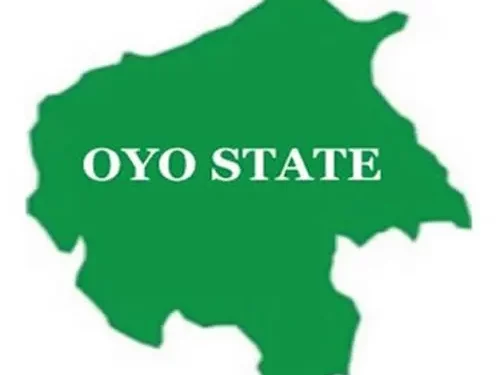In demonstrating its commitment to community development and climate-resilient infrastructure, the BATN Foundation has commissioned a 20,000-litre capacity solar-powered borehole in the Ifelodun Muslim Area of Oluyole Local Government, Ibadan, Oyo State.
The borehole project, unveiled in the presence of government dignitaries, traditional leaders, local government authorities, and residents, marked another significant stride in BATN Foundation’s drive to support underserved communities with sustainable access to clean water and sanitation, key elements in achieving Sustainable Development Goal 6 (SDG 6).
The borehole, which is engineered for long-term sustainability, is constructed with five water dispensing taps, a water management kiosk, four 300W solar panels, and a submersible pump encased within a protective area.
Speaking at the unveiling ceremony, Mrs. Odiri Erewa-Meggison, the Board Director of BATN Foundation, emphasised the project’s deeper significance beyond infrastructure.
She stated, “Water is life. Access to clean, safe water is not a luxury; it is a fundamental human right. This project represents our belief that no one should be left behind, especially regarding the most basic human need.”
She added that the Foundation’s strategic investments in clean water solutions reflect its mission to build resilient, healthy communities.
“This borehole is one of over 110 solar-powered facilities we have constructed across Nigeria, impacting thousands of rural households with safe, renewable water access. It’s not just about water; it’s about dignity, public health, and creating opportunities for people to thrive,” he said.
The Commissioner for Environment and Natural Resources, Hon. Seun Ashamu, lauded the Foundation’s intervention, noting that this kind of public-private partnership is critical in addressing the infrastructural gaps in rural areas, especially in climate-sensitive sectors like water.
The chairman of Oluyole LGA, Engr. Akeem Olatunji also expressed appreciation to BATN Foundation for choosing the Ifelodun Muslim community, describing the intervention as a transformative gesture that addresses the immediate and long-term water needs of its people.
“The goal is to strengthen the entire ecosystem around rural development. By giving people the tools, whether water or agricultural inputs, we enable productivity, health, and self-reliance,” Erewa-Meggison stated.



